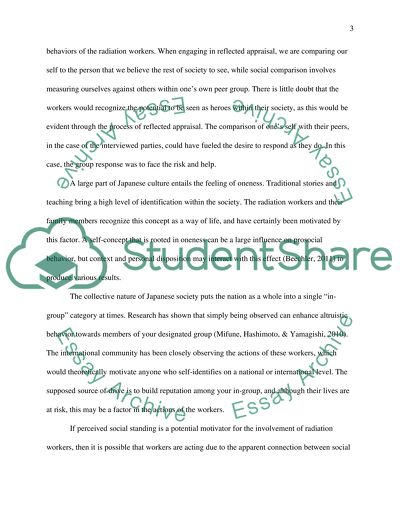Cite this document
(“Social psychology on the example of Japan Assignment”, n.d.)
Retrieved de https://studentshare.org/psychology/1391397-socia-psychology-questions
Retrieved de https://studentshare.org/psychology/1391397-socia-psychology-questions
(Social Psychology on the Example of Japan Assignment)
https://studentshare.org/psychology/1391397-socia-psychology-questions.
https://studentshare.org/psychology/1391397-socia-psychology-questions.
“Social Psychology on the Example of Japan Assignment”, n.d. https://studentshare.org/psychology/1391397-socia-psychology-questions.


